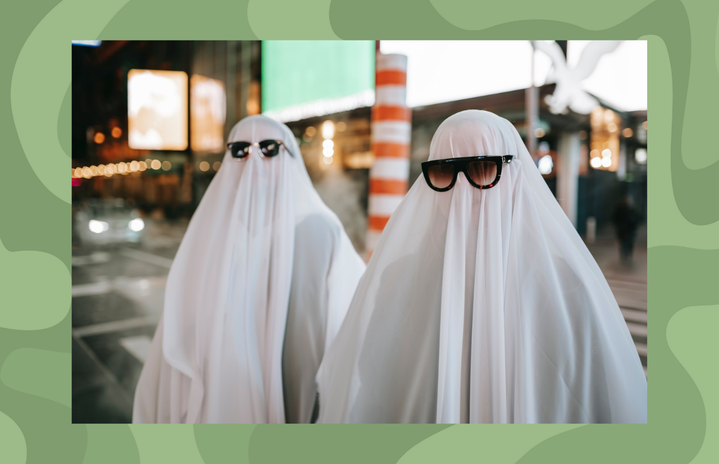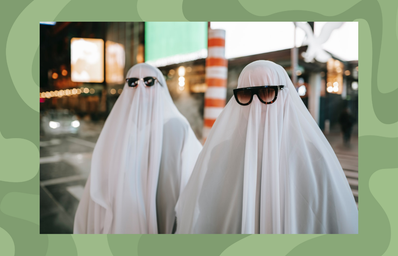Halloween is the season of spooky tales, terrifying movies, delicious mocktails, and inventive costumes. It is a particular time of year when people can embrace their artistic side and be whoever they want to be. It allows people to dress to impress, break boundaries, and express themselves. However, in many cases, people push their limitless creativity to insensitive measures that may insult a wide range of multicultural communities. As Halloween creeps and crawls closer, the widely held controversy over cultural appropriation in costumes resurfaces.
The term cultural appropriation took off in the 1980s. It refers to the unrecognized adoption of a typically marginalized group’s customs, practices, attire, and other cultural elements, usually in a stereotyped manner. The term cultural appropriation was originally used academically in allusion to the concept of colonialism and the condemnation of minority groups by the majority of white colonists. These traditions are sacred and ancient with deep historical context and roots. It is no wonder that these groups take offense to the ridicule of their cultures. Using stereotypes from a culture to generalize its people is endlessly harmful. Stereotypical costumes have become normalized and it is through highly insensitive representations that a greater issue arises.
There is a thin line between appreciation and appropriation. It is very easy to mistake one for the other. These types of costumes are not a way to celebrate cultures, but rather to poke fun. They perpetuate a direct minority-to-majority power balance. Culturally appropriated costumes are not meant to respect any emblem of culture but to misrepresent their people in a comical way. This satirical disregard of a culture belittles them down to the bone and preserves the damaging idea that their people are something to laugh at. They feed into to the prejudiced ideas that have been projected on minorities for generations. These kinds of stereotypes may even further alienate these cultures.
The University of Denver’s photo campaign “We’re a Culture, Not a Costume” addresses the misrepresentations that minorities face during the Halloween season and raises awareness to create an inclusive space for identities. In relation to this problem, they discuss the implications and further context of cultural appropriation in the setting of Halloween costumes.
“The reason why cultural exchange is problematic when it comes to cultural appropriation is because cultural exchange requires that when exchanging aspects from one culture to another, there is a mutual/similar power dynamic between the two,” their campaign read. “When cultural artifacts or symbols are reproduced or used as substitutes for existing culture it can be detrimental to those who belong to that culture.”
Halloween offers individuals the opportunity to celebrate their creativity. However, it is important the costumes they choose are done with sensitivity, caution, and vigilance. It is tone-deaf to “play” a culture for a costume or dress-up. It is easy to think this type of disrespect is harmless when you aren’t the target. By making a considerate and informed choice for Halloween this year, a holiday for fun and inclusivity becomes possible.
Want to see more HCFSU? Be sure to like us on Facebook and follow us on Instagram, Twitter, TikTok, YouTube and Pinterest!


